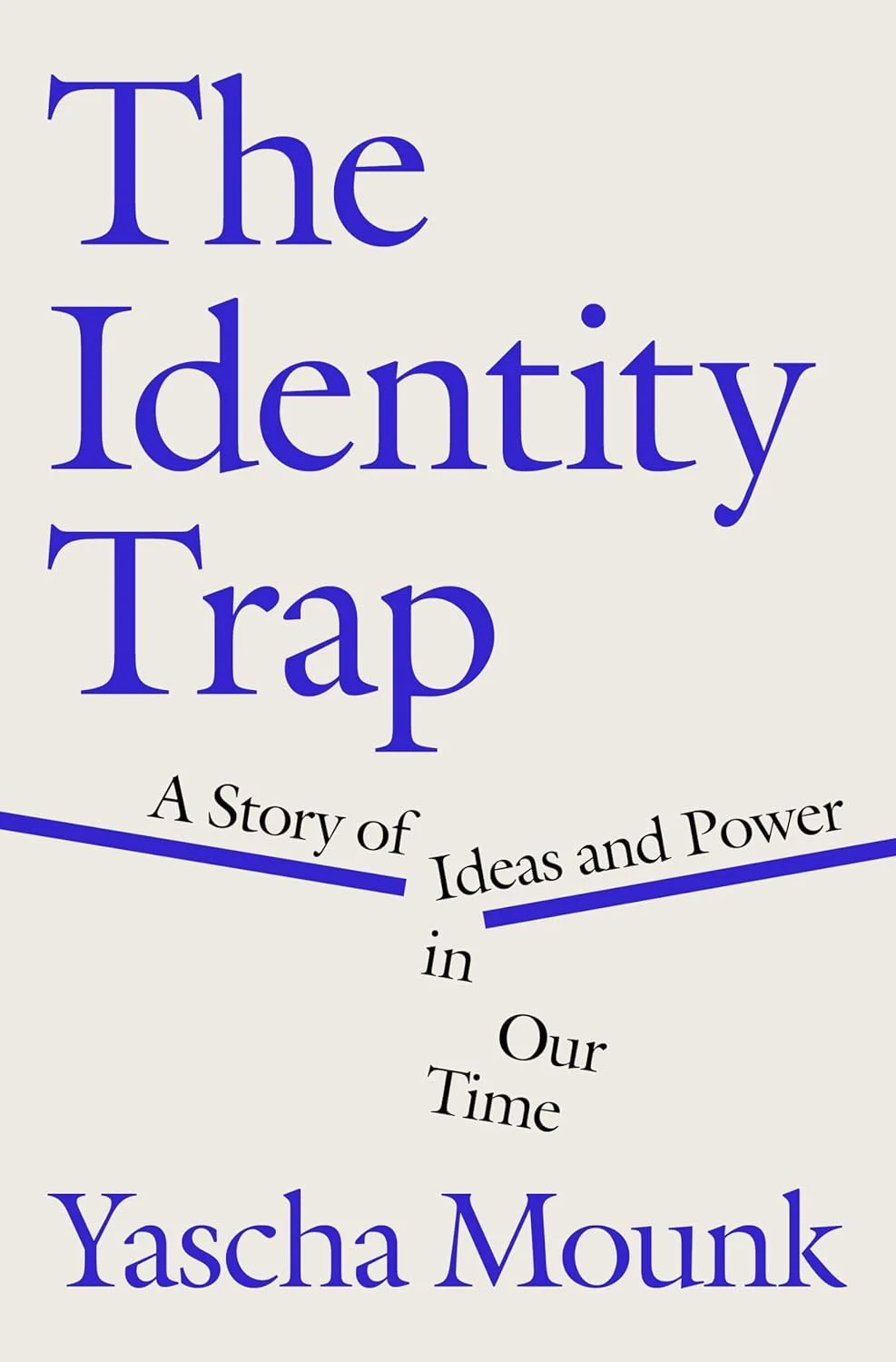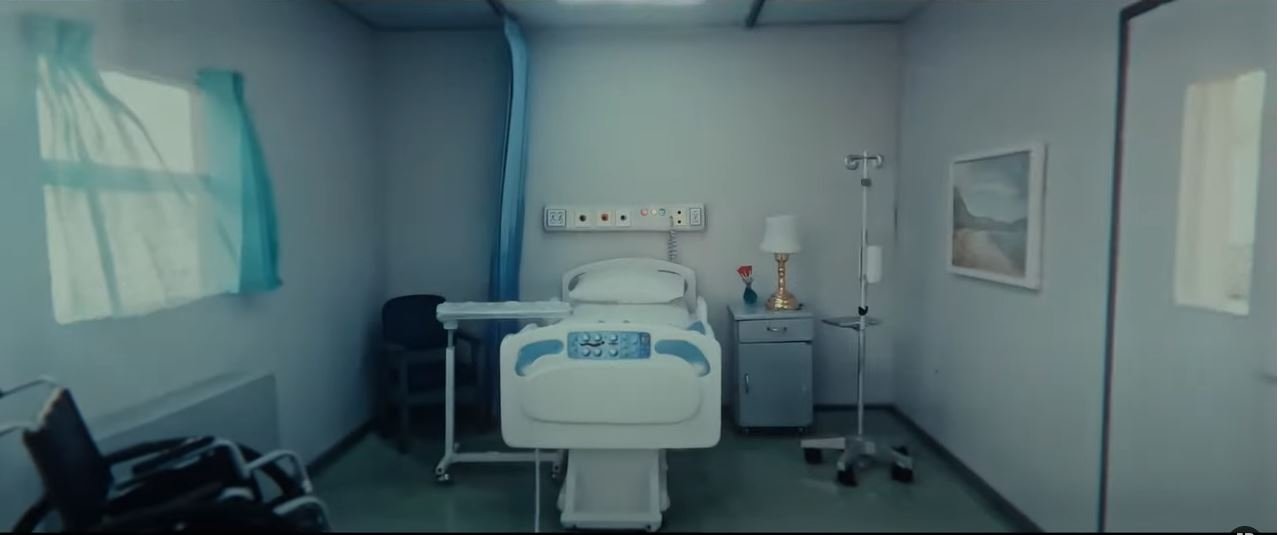Christian Bioethics
The recently release book by B&H Academic, Christian Bioethics, is a good introduction to a series of very important issues that face the people in the developed world today.
Medical technologies seem to press ahead without regard to ethics. The only question that seems palatable to most people in this day is, “Can we do it?” Very few are asking the important question, “Ought we do it?”
The moral vacuum of the culture compounds this problem, as subjective concerns of emotion and desire are promoted in favor of an ethical schema that anticipates objective answers founded on God’s structuring of reality. Fortunately Ben Mitchell and Joy Riley have a more biblical approach.
C. Ben Mitchell has a PhD in medical ethics and has taught moral philosophy for a number of years in a Christian context. D. Joy Riley is an M.D., with an MA in bioethics. With a strong background in the theory of ethics and the technical arguments related to bioethics, Mitchell and Riley can speak with authority and expertise where many others would need to be more tentative.
The book is written conversationally, which makes it suitable for non-academic audiences. Indeed, the subtitle of the volume is, A Guide for Pastors, Health Care Professionals, and Families. As an academic ethicist, this was one of the things I liked least about the book, but for the primary target audience, the approach is likely to be helpful.
The book consists of four parts. First, Riley and Mitchell begin by laying a foundation for Christian Bioethics. What forms of medicine are out there and how should we view them? How does Scripture speak to contemporary cases that are not clearly addressed? These are important questions that are well answered in the first two chapters.
Next, the authors discuss the sanctity of human life as it pertains to abortion and euthanasia. They explain these things in terms that are intelligible and helpful. In the third part, Mitchell and Riley discuss the ethics of infertility and assisted reproductive technologies. They also address the issues of organ donation, transplantation, and cloning. In the final section, the authors address the issues related to anti-aging technologies and the centrality of understanding and respecting our humanity in the contemporary age.
The greatest strength of this volume is that it is written for a popular audience. It doesn’t use a lot of technical term, though it occurs in the context of a conversation between two experts. Based on my recent experience teaching ethics to laypeople, resources like this are necessary and helpful. Another strength is that each chapter has a series of references that can be used for further study and elaboration. This is again important as the overflow of information on the internet leaves us often wondering which expert we can trust and how someone got to their conclusions.
I am not a fan of written dialogue as an approach to moral reasoning. Thus, I find Augustine’s early philosophical works rather boring and less helpful than they might be. As such, I would have preferred it had this volume taken a more straightforward approach and presented the material in normal prose instead of relying on dialogue. However, this is a stylistic preference and not a rejection of the substance of the book.
I commend this to readers who are looking for answers to some very important ethical questions. I plan on recommending it as a resource to people in my church who have questions about this topic. It is up to date and informative. It is written with a pastoral heart and academic acumen. It should be a trusted resource for the church for the near future.
Note: A gratis copy of this text was provided by the publisher with no expectation of a positive review.











